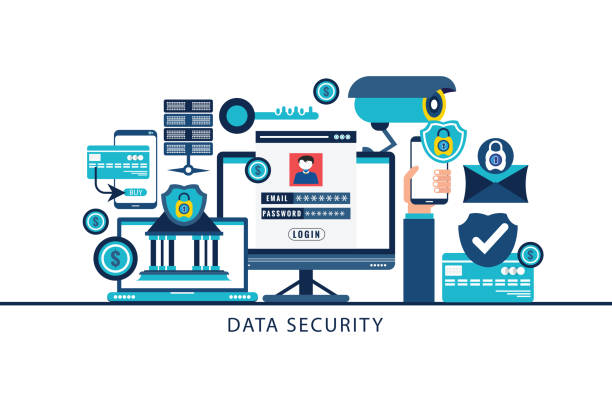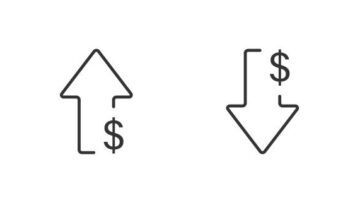In September 2017, Equifax stole the names, dates of birth, and Social Security numbers from roughly half of the Americans. New York Times revealed a few months later that Cambridge Analytica, a private company, had collected information on more than 50,000,000 Facebook users without permission and given it to the Trump campaign in 2016. Congress then brought Mark Zuckerberg and his team to Washington, D.C., for two days of public, sometimes uncomfortable questions.
The recent data breaches have pushed concerns about consumer data protection into the forefront of legislative agendas. “Laws on data use and property are being written in California, Europe, and all over the globe,” says Christopher Tonetti, associate professor of Economics at Stanford Graduate School of Business. They’re being written for consumer privacy protection, which is essential to me, but it’s not the entire picture.
Tonetti and Charles I. Jones studied the value of data in recent years to determine how an ideal market should look. This is a question economists have only given limited attention to.
In their working paper, they ask, “Who should be the data owner?” What restrictions should be placed on the use of data?
Answering these questions, they concluded that the current system is not optimal. People, and not companies, are entitled to their data. They should also be allowed to sell this data as they choose.
Limitless Data
Like ideas, data is unique in that it is unlimited. While most goods are limited in an economy — for example, if you purchase a car or eat the same sandwich as your neighbor, they cannot do so — data has no limit. Jones says that data is just a series of zeros and ones, and whether one or ten people are using it does not get exhausted. In economic terms, the data is not rivaled while most goods compete. At some level, this means there is an inherent social value to sharing data.
Two competing interests are at play. One side is privacy. Jones explains that people tend to be reluctant to share everything. Companies hoarding data to gain a competitive edge are no different. If a company released all its consumer information, competitors could more easily undercut its business.
The other side is the interest in efficiency. Tonetti adds that it’s essential to take into account the use of data across multiple companies.
For example, larger datasets are more beneficial when it comes to training algorithms for self-driving vehicles. Data is nonrival. Uber, Tesla, and other car companies can theoretically share driving data with consumers and sell better products. They don’t. It’s the same for natural language companies, medical research companies, and speech and text archives. Sharing would increase efficiency, but it isn’t expected.
The Ideal Market
How can you balance privacy concerns, competition, and efficiency in a data market? Jones and Tonetti began by modeling an optimal economy run by a benevolent ruler who respected all variables. This scenario was used to benchmark what maximizing welfare looks like.
To test this idea, the researchers tested three scenarios in today’s society: companies owning data, individuals owning data, or sharing data being essentially banned.
In the first scenario, which is most similar to today’s marketplace, companies did not respect consumer privacy as consumers desired, nor did they share effectively with other businesses.
However, Jones and Tonetti found that outcomes were near optimal when individuals owned their data instead. Jones says that consumers care not only about privacy but also about consumption. This split incentive allowed consumers to keep the data they wished to remain private but sell other data in bulk, maximizing the value of sharing nonrival data.
In the third case where sharing data was prohibited, a vital insight directly applicable to real life emerged: Failure to share data ultimately stifled growth. Legislation on how to regulate data is therefore concerned with privacy issues and with the economy’s health in the long term.
Jones and Tonetti are now focusing on designing a marketplace that allows consumers to sell and preserve their data. Jones says that although nothing similar exists, “people are working on it” and thinking about it. There are ways to combine blockchain with other innovative technologies so the consumer owns their data. The scenario we laid out may become a reality.
The companies that control the vast majority of these private and irretrievable data continue to send contradictory messages as to whether consumers or themselves should be the ones who own them and profit from them.
In Zuckerberg’s testimony to the Senate Judiciary Committee, he was asked if he felt comfortable revealing the name of his hotel or the terms of people he had messaged during the week. He replied, “No.” “Everyone should be able to control how their data is used.” Jones & Tonetti’s research proves that Zuckerberg was correct in many ways. Protecting personal privacy and maximizing productivity and economic growth is essential to making the most of “unrivaled” data.




